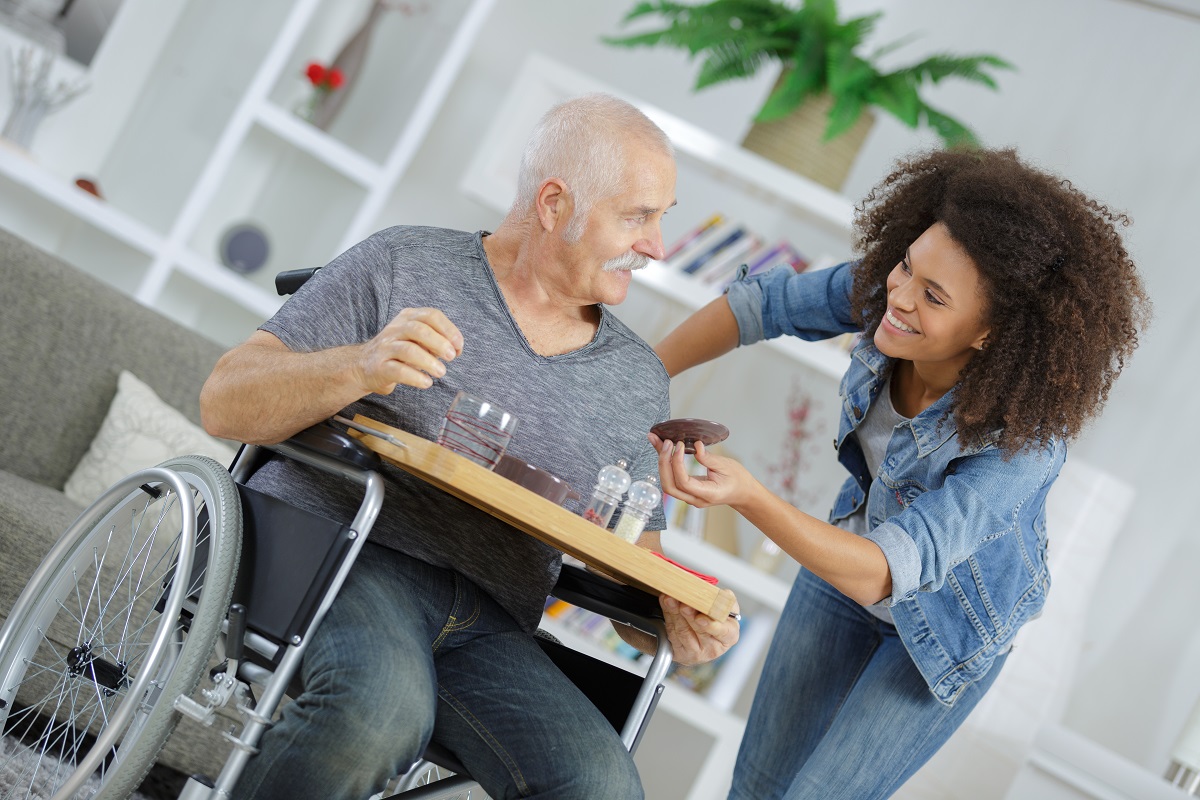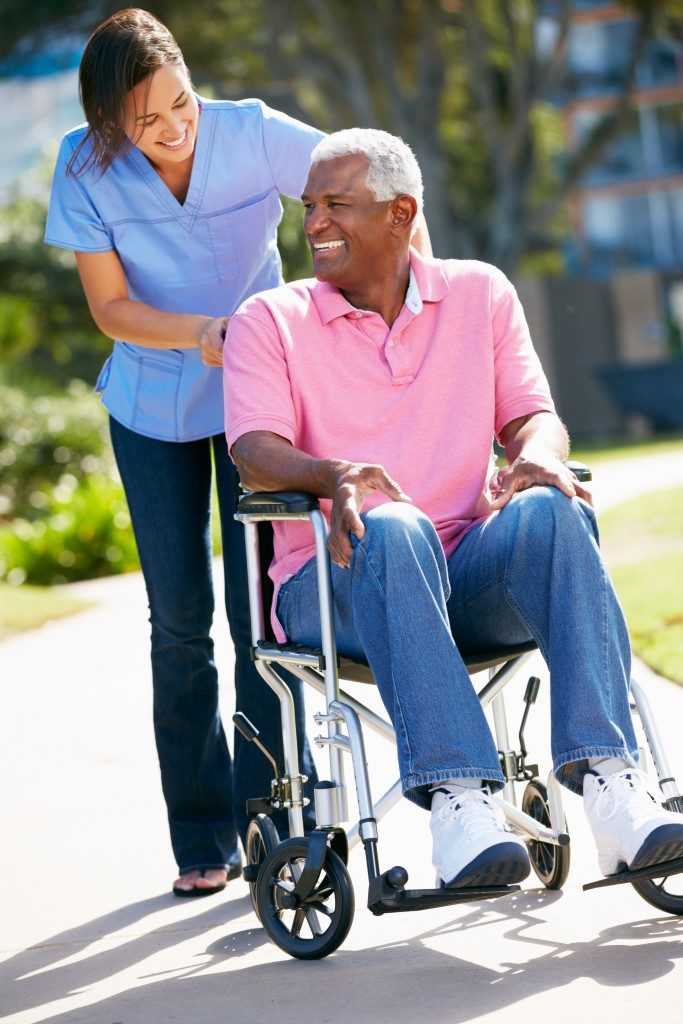Are you the primary caregiver of a loved one? You’re not alone. Statistics show there are 65.7 million family caregivers in the U.S.
Taking care of someone you love can be a rewarding experience. But it can also be challenging and frustrating. It’s quite easy to neglect your personal needs. But that is not the right thing to do. You need to make sure you practice some self-care. It’s the only way you can provide care to someone else sustainably. Here are some self-care strategies you can implement:
1. Ensure you get enough sleep
It may seem like such a small thing, but good sleep shouldn’t be underestimated. Research shows that sleep helps your body to rest and recharge. It also improves your immune system, raises mood, and enhances your energy levels. If you want to stay alert and take proper care of your loved one cheerfully, you need to take to get better sleep. The positive outlook you get from a good slumber can help boost the mood of the person you are taking care of, too.
2. Exercise regularly
Exercise is good for you. It helps you manage your weight and stay fit. It also stimulates the production of endorphins, which are responsible for making you happy. Taking time off to jog in the morning or go to the gym can help you stay sane, too. You need to find a fitness activity you enjoy doing and stick with it even if you spend most of your days taking care of your loved one.

3. Take time off to meet other people
One challenge caregivers have is to maintain close relationships with their friends. Taking care of people with a disability or other special needs can take up most of your time. But do not let every aspect of your life go. You need friends because they add value to your life. Interacting with them will enable you to relax, confide in them, and have fun for your own sake.
Don’t want to worry about your loved one while you’re out with your friends? Hire a home care provider. Whether you live in Myrtle Beach, SC or Houston, TX, you can count on local senior care facilities to provide in-home care services for your loved one whenever you’re not at home.
4. Delegate tasks
One of the most important self-care strategies is learning how to delegate. The truth of the matter is you cannot do everything on your own. So, you need to let others shoulder some of the burdens of caring for your loved one. Ask other family members or hire in-home care to help you with some tasks.
Freeing up more time means you can juggle work and caregiving better. You can also use that time to sleep more, exercise, or meet some friends.
It is easy for the world to forget you as a caregiver. But that doesn’t mean you should forget yourself. Take the time to practice self-care regularly. Doing so will enable you to enjoy life while you strive to improve the quality of life for your elderly or disabled loved one.

